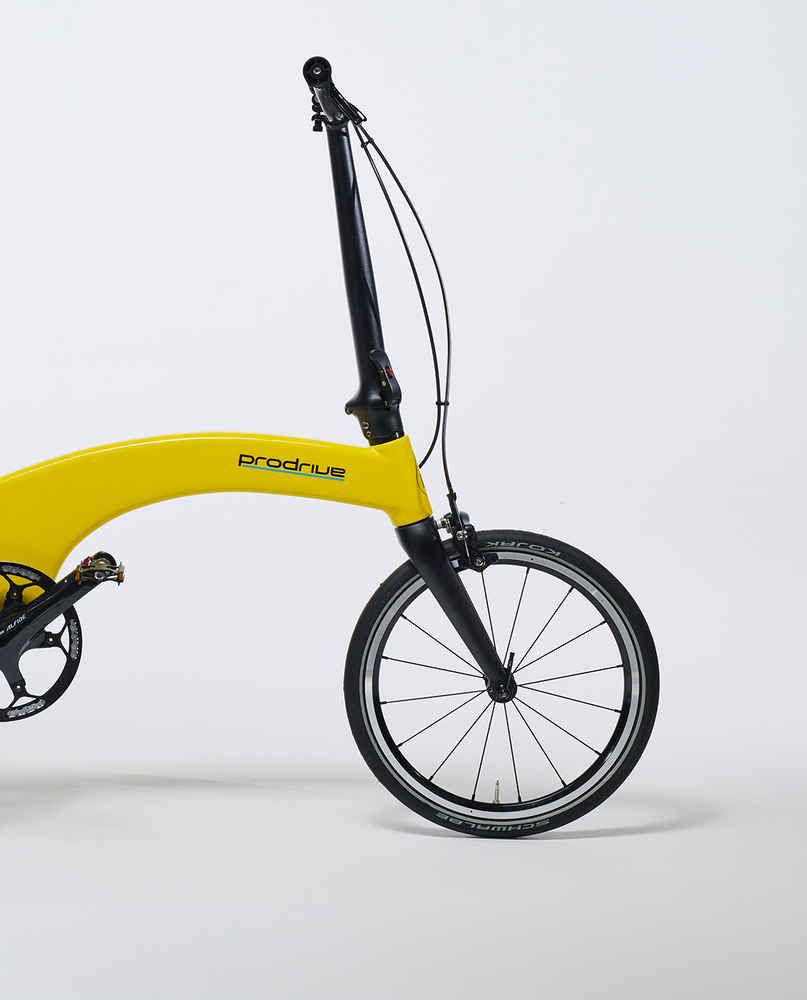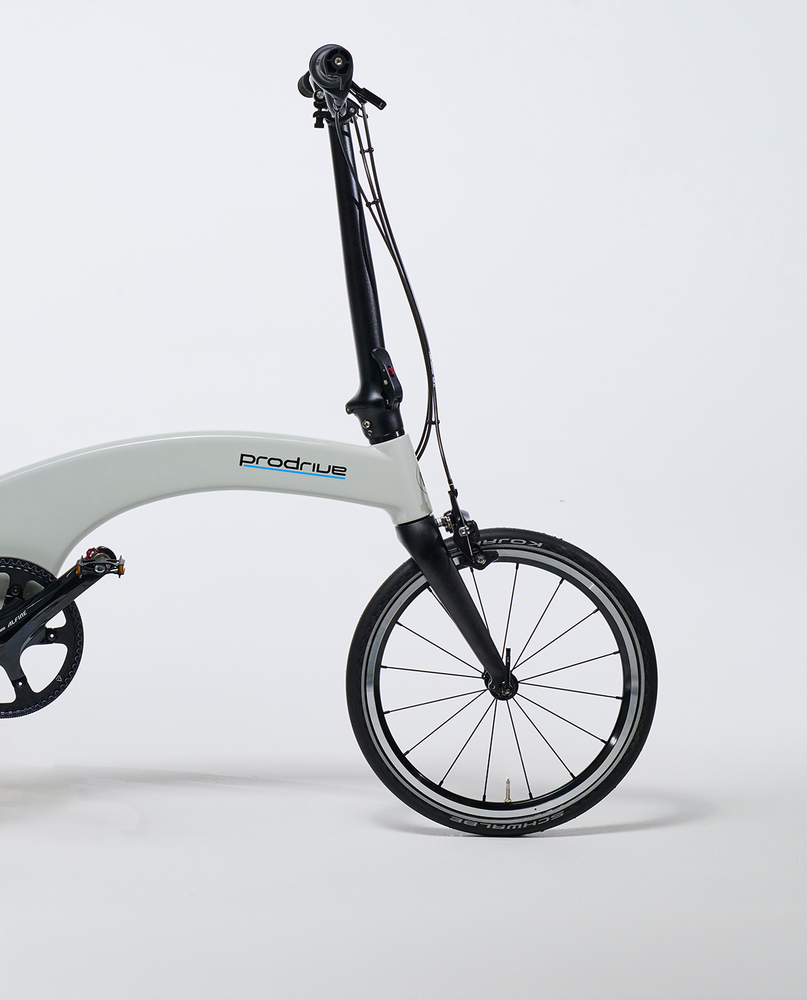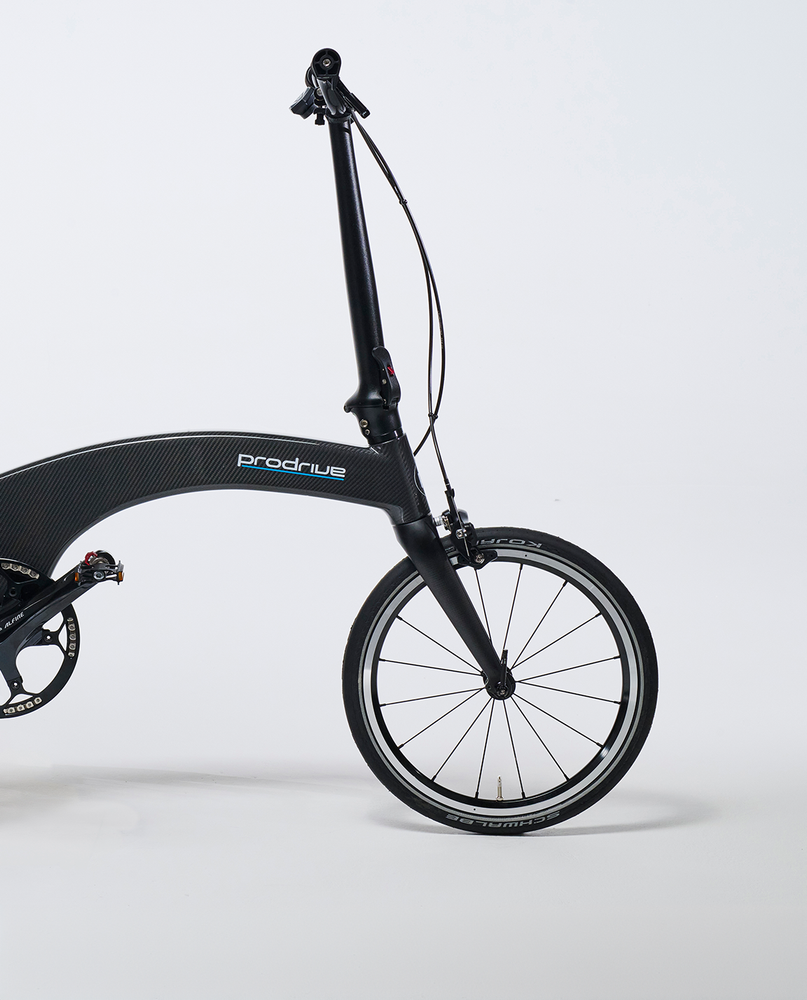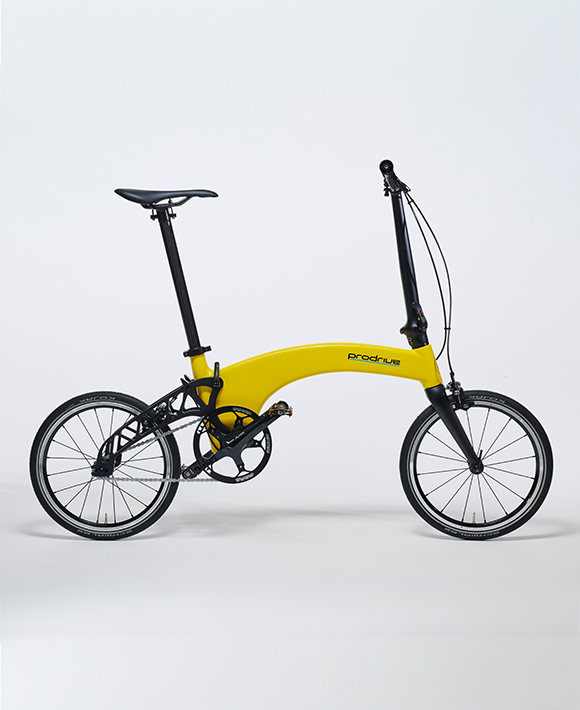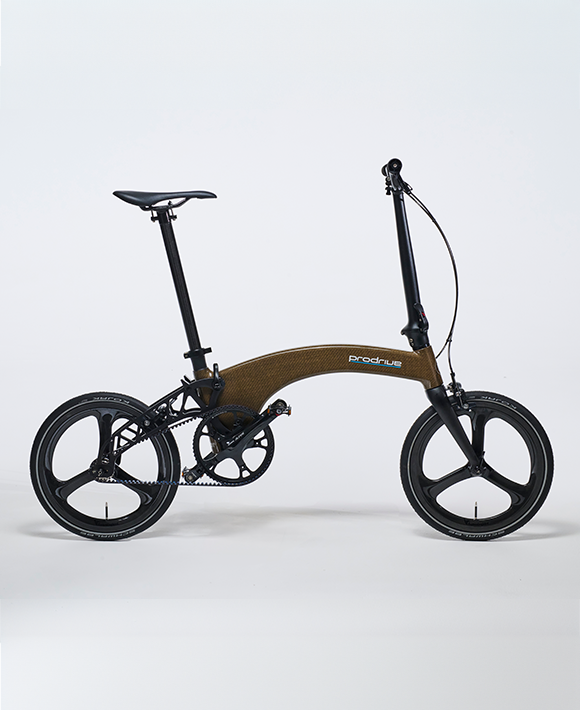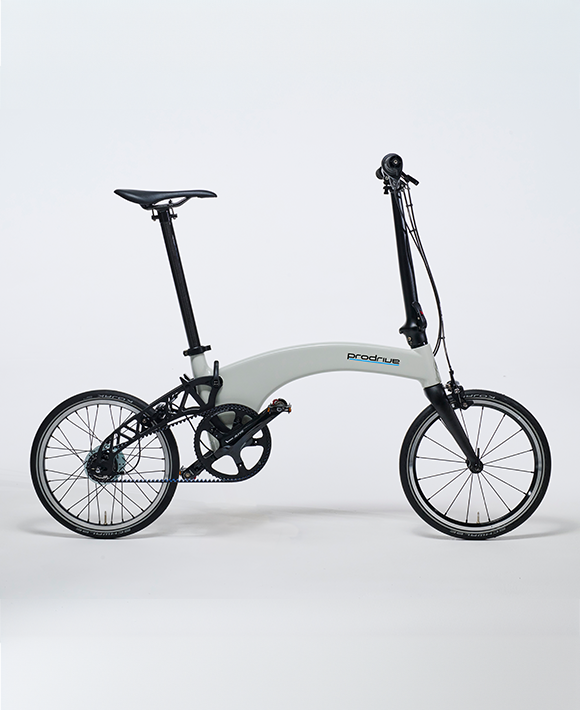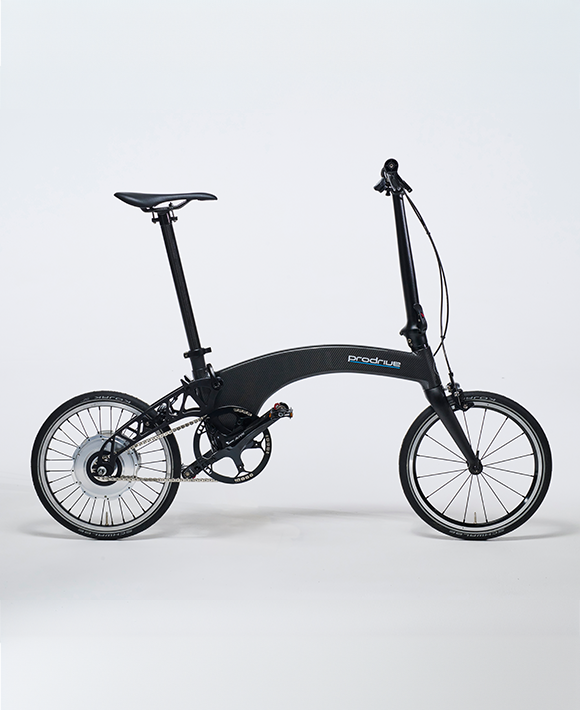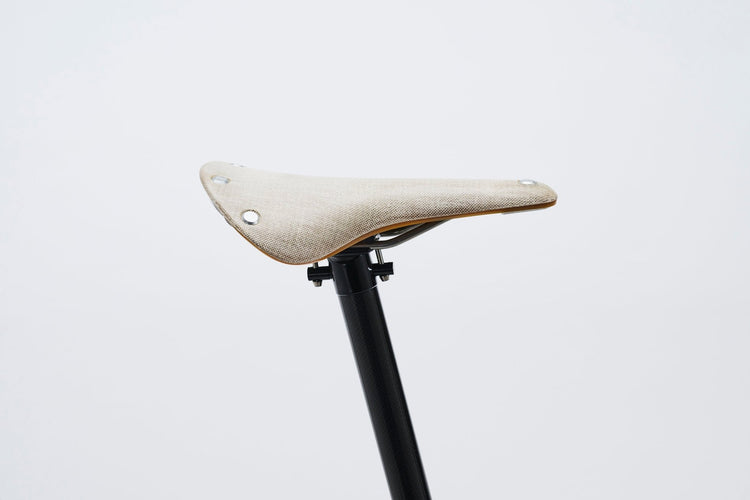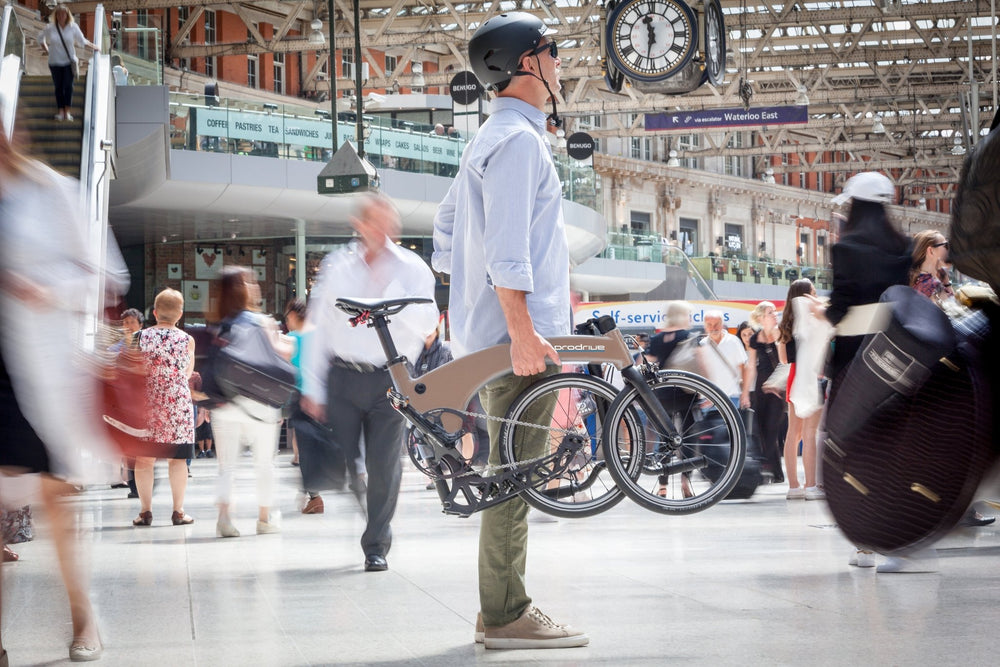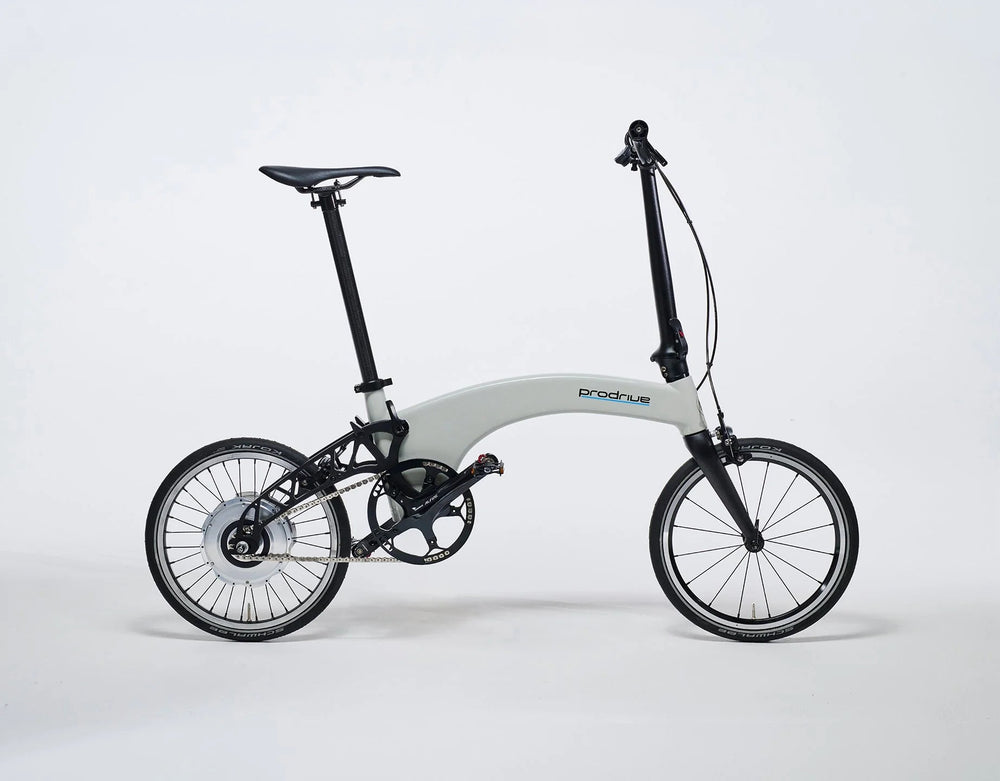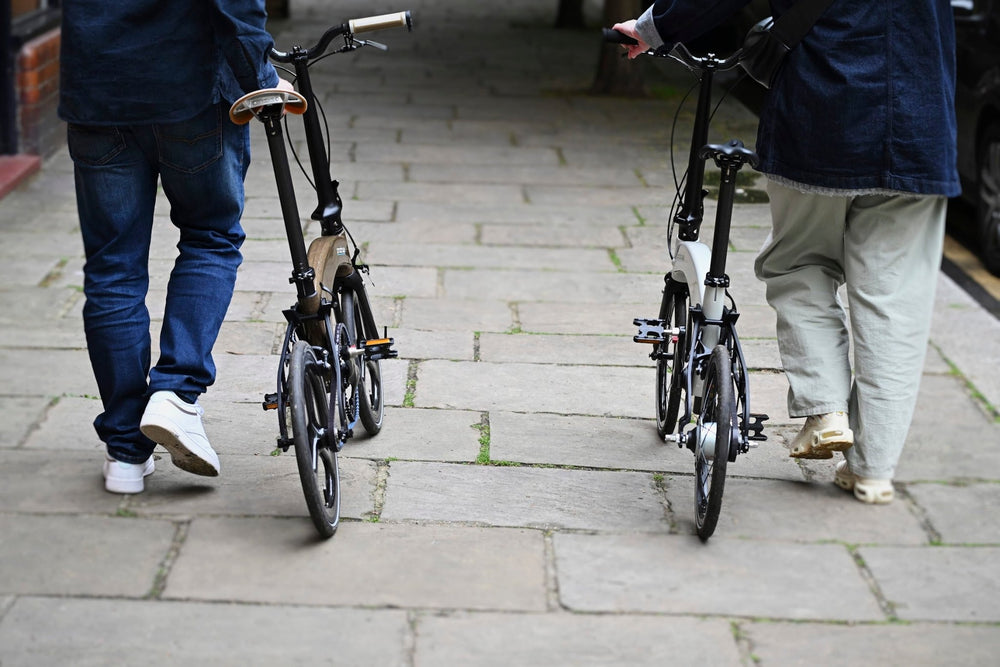You might also like

Brooks Cambium Rubber Grips

Phone holder

Sac de transport pour colibri
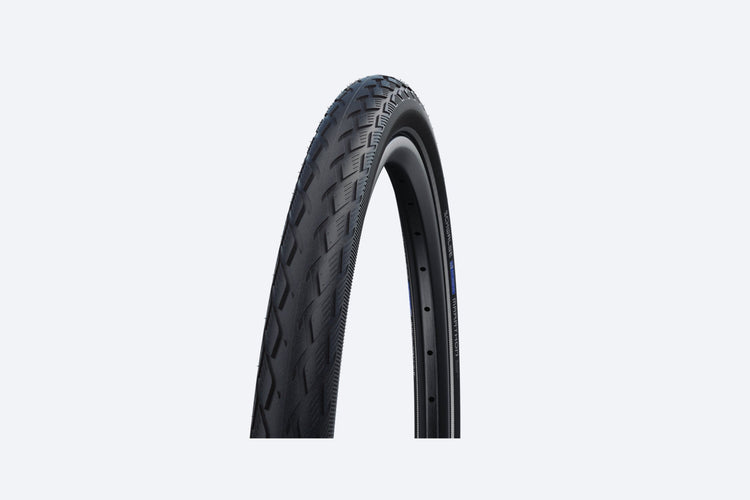
Schwalbe Marathon Tire Swap
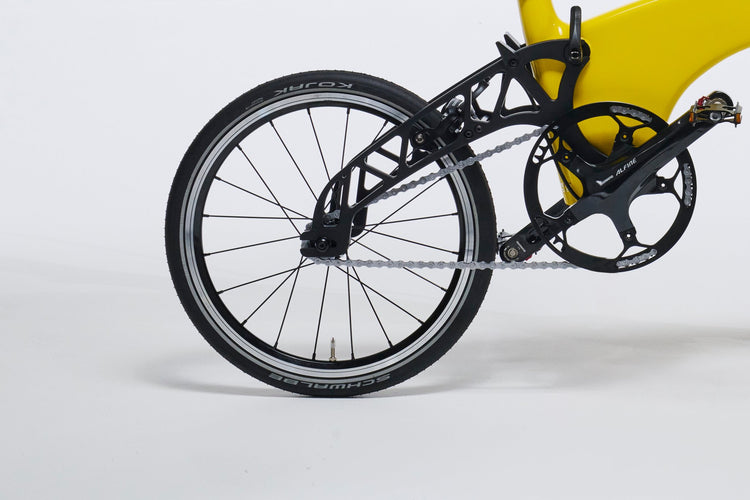
Spare Single Speed Wheel

Men's Gel Saddle
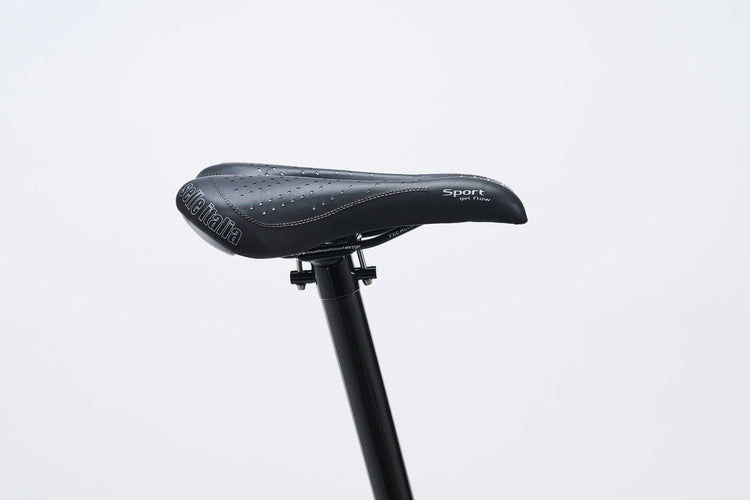
Women's Gel Saddle

13 June 2023
Green Transport: Cycling's Carbon Footprint Reduction
The growing concern for environmental sustainability has paved the way for innovative solutions to curb carbon emissions and combat climate change. As advocates for a greener future, we understand the importance of green transport in reducing our carbon footprint.
In this blog post, we will delve into the myriad benefits of cycling as an eco-friendly mode of transportation, contributing to a cleaner environment and promoting a healthier lifestyle.
Join us as we explore how cycling can be a game-changer in our quest for sustainability.
The Growing Concern for Environmental Sustainability
With the dire consequences of climate change becoming evident, individuals, communities, and governments worldwide are prioritising environmental sustainability. The alarming rise in greenhouse gas emissions from traditional modes of transportation has prompted the need for alternative solutions that can ease our environmental impact.
The Role of Green Transport in Reducing Carbon Emissions
Green transport plays a crucial role in reducing carbon emissions, one of the biggest contributors to global warming. By adopting environmentally friendly modes of transportation, we can decrease our carbon footprint and take significant steps towards a more sustainable future.
Introducing Cycling as an Effective Form of Green Transport
Among the various options, cycling is a remarkably effective form of green transport. This age-old mode of transportation has experienced a resurgence in popularity due to its unparalleled benefits for both the environment and personal well-being. By exploring the advantages of cycling, we aim to highlight why it is a viable and impactful choice for reducing our carbon footprint.
We will delve deeper into cycling as an eco-friendly mode of transport and how it contributes to a carbon-neutral future.
Cycling: An Eco-Friendly Mode of Transport
Cycling stands as an example of an eco-friendly mode of transport, offering numerous benefits for both individuals and the environment. Let's explore why cycling is considered a carbon-neutral means of transportation and how it minimises our environmental impact.
Cycling as a Carbon-Neutral Means of Transportation:
Zero Direct Emissions
Unlike traditional vehicles that rely on fossil fuels, cycling produces zero direct emissions. As a human-powered mode of transport, bicycles do not emit harmful pollutants or greenhouse gases into the atmosphere, making them an ideal choice for environmentally conscious individuals.
Minimal Environmental Impact
In addition to zero emissions, cycling boasts minimal environmental impact throughout its lifecycle. The production and maintenance of bicycles require significantly fewer resources compared to the manufacturing and operation of motorised vehicles.
Studies have shown that approximately 5.6 tonnes of CO2 are emitted during the manufacture of a standard petrol or diesel passenger car, compared to 96 kg of CO2 during bike production.
Companies such as ourselves are taking sustainable bike production one step further. The Hummingbird Flax bike is crafted entirely from flax plant fibres, presumed to be one of the world's most sustainable forms of transport, only preceded by walking. Even the waste during the bikes production stage is biodegradable, and the nature of the bike frame means it will ultimately break down at the end of its lifecycle.
Reduction of Greenhouse Gas Emissions
Comparing Cycling to Other Modes of Transport
When compared to motorised vehicles, cycling offers a substantial reduction in greenhouse gas emissions.
According to studies, a typical passenger vehicle emits about 4.6 metric tons of CO2 annually. On the other hand, bikes don't release harmful emissions or carbon dioxide that contributes to climate change.
If the rate of bicycle use increased moderately, we could save an estimated 6 to 14 million tons of CO2 each year.
The Environmental Benefits of Choosing Cycling Over Driving
By embracing cycling as a mode of transport, we can contribute to reducing air pollution and improving air quality in our communities. Motorised vehicles emit pollutants such as nitrogen oxides, particulate matter, and carbon monoxide, which have adverse effects on both human health and the environment.
Health Benefits of Cycling
Cycling not only contributes to a greener environment but also offers a wide array of health benefits for individuals of all ages. Let's delve into the positive impact that cycling can have on our physical fitness, mental well-being, and overall quality of life.
Promoting Physical Fitness and Well-being:
Cardiovascular Benefits
Regular cycling is an excellent cardiovascular exercise that gets your heart pumping and improves overall cardiovascular health. It helps strengthen the heart muscles, lowers blood pressure, and reduces the risk of heart diseases such as stroke, heart attacks, and high cholesterol levels.
Weight Management and Muscle Tone
Cycling is a fantastic way to manage weight and promote healthy body composition. It is a low-impact exercise that burns calories, helping to maintain a healthy weight or facilitate weight loss. Moreover, cycling engages various muscle groups, such as the legs, core, and glutes, leading to improved muscle tone and overall strength.
Mental Health Advantages:
Stress Reduction and Improved Mood
Engaging in cycling releases endorphins, the "feel-good" hormones in the brain, which can significantly reduce stress levels and improve mood. Cycling outdoors also provides an opportunity to connect with nature, enhancing feelings of relaxation, serenity, and overall mental well-being.
Enhanced Cognitive Function
Regular cycling has been linked to improved cognitive function, including enhanced memory, concentration, and problem-solving abilities. The increased blood flow and oxygen supply to the brain during cycling contribute to better mental clarity and overall brain health.
Incorporating cycling into our daily routines not only helps us contribute to a sustainable future but also allows us to reap the multitude of health benefits it offers.
Cycling Infrastructure: A Catalyst for Sustainable Cities
Investing in cycling infrastructure is vital for creating sustainable cities that prioritise green transport options. By developing dedicated cycling infrastructure and promoting active commuting, cities can reap numerous benefits for both the environment and the well-being of their residents.
Development of Cycling Infrastructure:
Bike Lanes and Dedicated Paths
Constructing well-designed bike lanes and dedicated cycling paths within cities encourages the safe and convenient integration of cycling into daily transportation. These infrastructure improvements provide cyclists with designated spaces, minimising the risk of accidents and promoting a cohesive urban cycling network.
Bike-Sharing Programs
Implementing bike-sharing programs allows individuals who may not own bicycles to easily access and utilise them for short trips. These programs provide affordable and convenient options for residents, reducing the reliance on private vehicles and increasing the adoption of cycling as a mode of transport.
Encouraging Active Commuting
Reducing Congestion and Improving Air Quality
Promoting active commuting, such as cycling to work or school, can significantly reduce traffic congestion in cities. With fewer cars on the road, not only is there less congestion and smoother traffic flow, but the air quality also improves, leading to a healthier and cleaner urban environment.
Enhancing Liveability and Community Connectivity
Investing in cycling infrastructure enhances the overall liveability of cities by creating safer and more vibrant public spaces. Cyclists can explore their surroundings more intimately, fostering a stronger sense of community and connection with their neighbourhoods. Additionally, cycling infrastructure promotes a healthier lifestyle, attracting residents and visitors to engage in physical activity and outdoor recreation.
By prioritising the development of cycling infrastructure, cities can foster sustainable mobility options and create environments that are conducive to healthier and more sustainable lifestyles.
Cycling and Economic Benefits
In addition to its positive environmental and health impacts, cycling also brings about significant economic benefits at both the individual and community levels. Let's delve into how choosing cycling as a mode of transport can lead to cost-effectiveness and contribute to local economies.
Cost-effectiveness of Cycling
Savings on Fuel and Maintenance Expenses
Cycling eliminates the need for fuel consumption, offering substantial savings on transportation costs. Unlike motorised vehicles, bicycles do not require regular refuelling or expensive maintenance.
By opting for cycling, individuals can save money that would otherwise be spent on gasoline, parking fees, and vehicle maintenance.
The average costs of UK transport methods each year are:
- Car - £3723 a year
- Underground - £1320 a year
- Bus - £848 a year
- Train - £625 a year
So not only is cycling excellent for physical, mental and environmental benefits, it's easier on your wallet, too!
Reduction in Healthcare Costs
Regular physical activity, such as cycling, contributes to overall well-being and can reduce the risk of various health conditions. By promoting a healthy lifestyle, cycling helps individuals prevent chronic diseases, leading to potential savings on healthcare expenses. This cost-effectiveness extends to both personal medical costs and the overall burden on healthcare systems.
Boosting Local Economies
Supporting Local Businesses
Cycling encourages individuals to explore their local communities and support nearby businesses. Cyclists are more likely to stop and visit local shops, cafes, and restaurants during their commutes or leisure rides. This increased foot traffic can provide a boost to local businesses and contribute to the economic growth of the community.
Increased Tourism Opportunities
Cities that invest in cycling infrastructure and promote cycling-friendly environments often attract tourists seeking sustainable and active travel experiences. Tourists who cycle in a city not only contribute to the local economy through their spending on accommodations, dining, and attractions but also help promote the city as a cycling-friendly destination.
By embracing cycling as a mode of transport, individuals can enjoy significant cost savings while simultaneously contributing to the economic vitality of their communities.
From its carbon-neutral nature and minimal environmental impact to its positive impact on physical fitness, mental well-being, and local economies, cycling is a powerful solution for reducing our carbon footprint and fostering greener, healthier communities. By embracing cycling and investing in cycling infrastructure, we can contribute to a cleaner environment, improve our well-being, and create cities that prioritise sustainable and active transportation options.
Let us pedal towards a brighter future, where cycling plays a central role in our journey towards a more sustainable and liveable world.
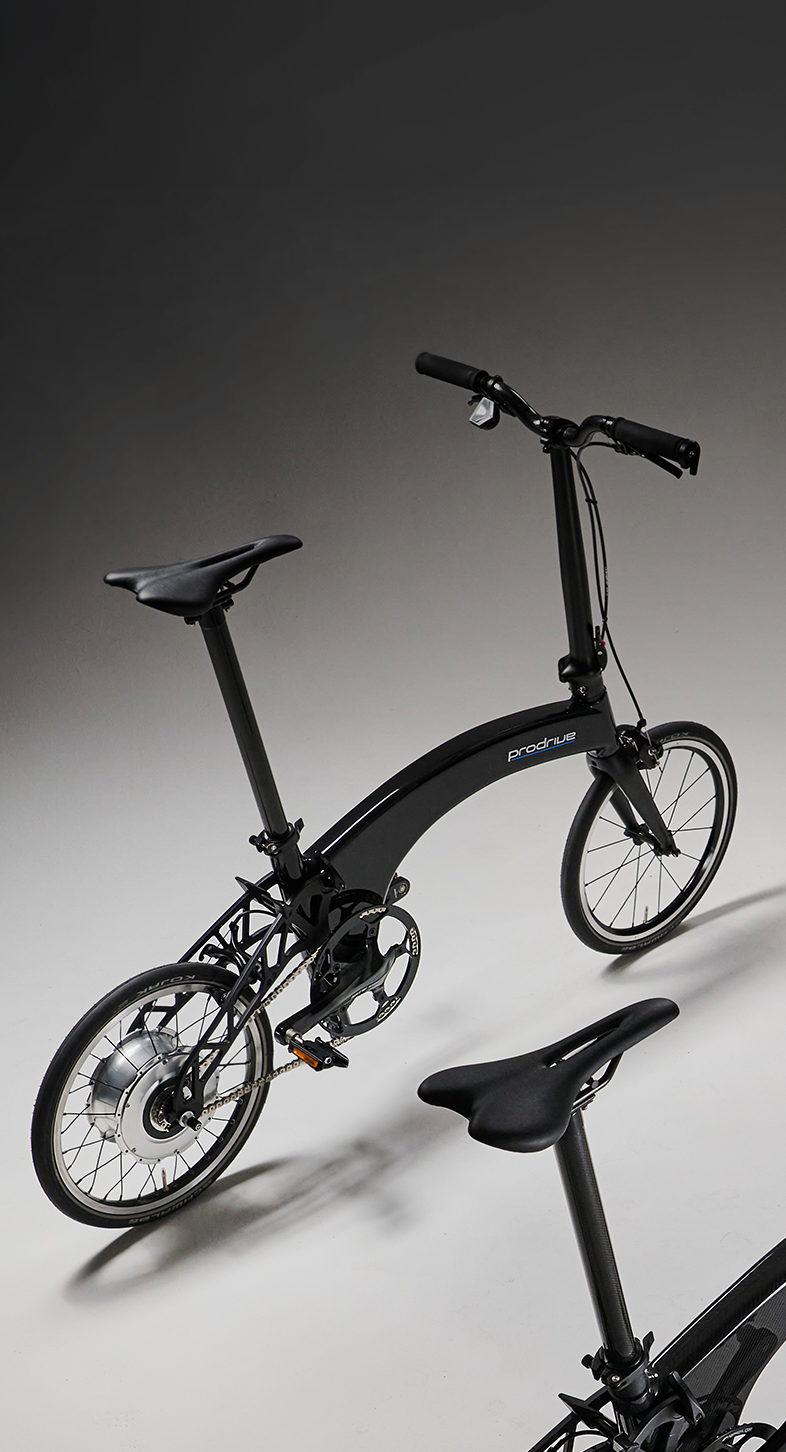
Prodrive Folding
Electric Bike
The ultimate city bike is here.
Latest from
the magazine
